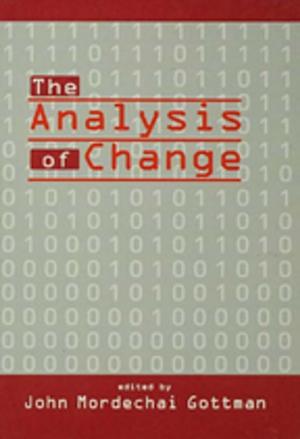The Legacy of Nuclear Power
Nonfiction, Social & Cultural Studies, Political Science, Government, Public Policy, Business & Finance, Industries & Professions, Industries| Author: | Andrew Blowers | ISBN: | 9781317671206 |
| Publisher: | Taylor and Francis | Publication: | September 13, 2016 |
| Imprint: | Routledge | Language: | English |
| Author: | Andrew Blowers |
| ISBN: | 9781317671206 |
| Publisher: | Taylor and Francis |
| Publication: | September 13, 2016 |
| Imprint: | Routledge |
| Language: | English |
Nuclear energy leaves behind an infinitely dangerous legacy of radioactive wastes in places that are remote and polluted landscapes of risk. Four of these places - Hanford (USA) where the plutonium for the first atomic bombs was made, Sellafield, where the UK’s nuclear legacy is concentrated and controversial, La Hague the heart of the French nuclear industry, and Gorleben, the focal point of nuclear resistance in Germany - provide the narratives for this unique account of the legacy of nuclear power.
The Legacy of Nuclear Power takes a historical and geographical perspective going back to the origins of these places and the ever changing relationship between local communities and the nuclear industry. The case studies are based on a variety of academic and policy sources and on conversations with a vast array of people over many years. Each story is mediated through an original theoretical framework focused on the concept of ‘peripheral communities’ developing through changing discourses of nuclear energy. This interdisciplinary book brings together social, political and ethical themes to produce a work that tells not just a story but also provides profound insights into how the nuclear legacy should be managed in the future.
The book is designed to be enjoyed by academics, policy-makers and professionals interested in energy, environmental planning and politics and by a wider group of stakeholders and the public concerned about our nuclear legacy.
Nuclear energy leaves behind an infinitely dangerous legacy of radioactive wastes in places that are remote and polluted landscapes of risk. Four of these places - Hanford (USA) where the plutonium for the first atomic bombs was made, Sellafield, where the UK’s nuclear legacy is concentrated and controversial, La Hague the heart of the French nuclear industry, and Gorleben, the focal point of nuclear resistance in Germany - provide the narratives for this unique account of the legacy of nuclear power.
The Legacy of Nuclear Power takes a historical and geographical perspective going back to the origins of these places and the ever changing relationship between local communities and the nuclear industry. The case studies are based on a variety of academic and policy sources and on conversations with a vast array of people over many years. Each story is mediated through an original theoretical framework focused on the concept of ‘peripheral communities’ developing through changing discourses of nuclear energy. This interdisciplinary book brings together social, political and ethical themes to produce a work that tells not just a story but also provides profound insights into how the nuclear legacy should be managed in the future.
The book is designed to be enjoyed by academics, policy-makers and professionals interested in energy, environmental planning and politics and by a wider group of stakeholders and the public concerned about our nuclear legacy.















